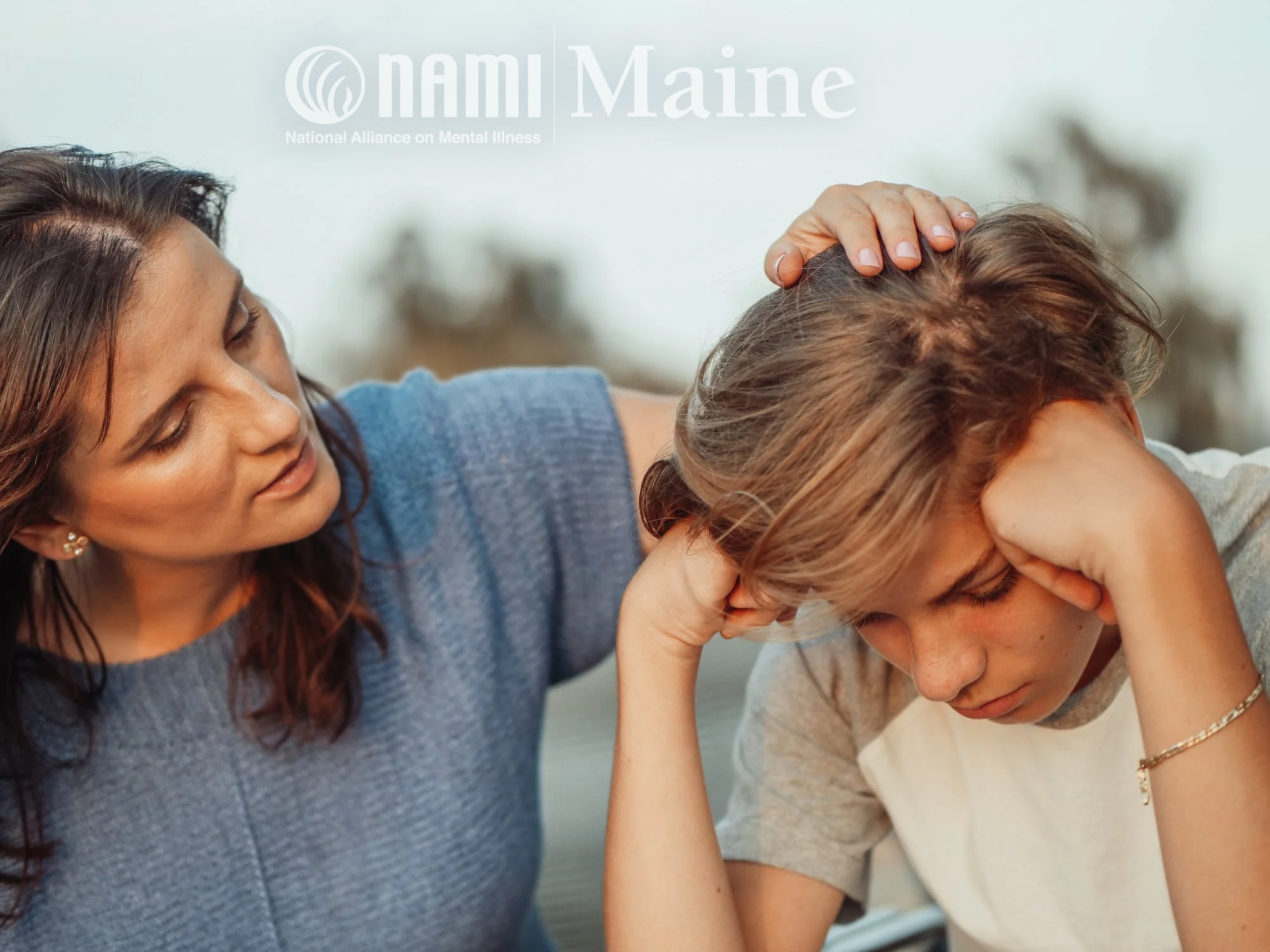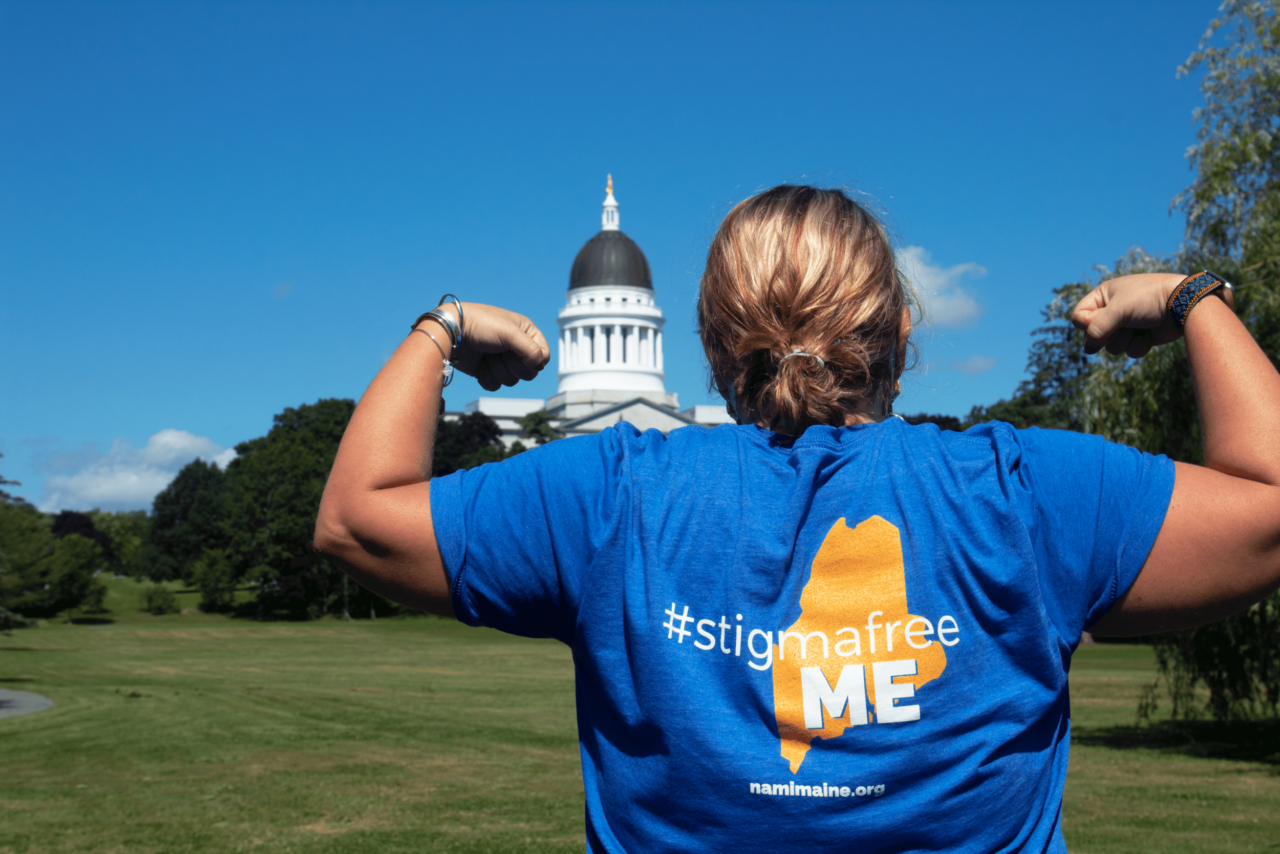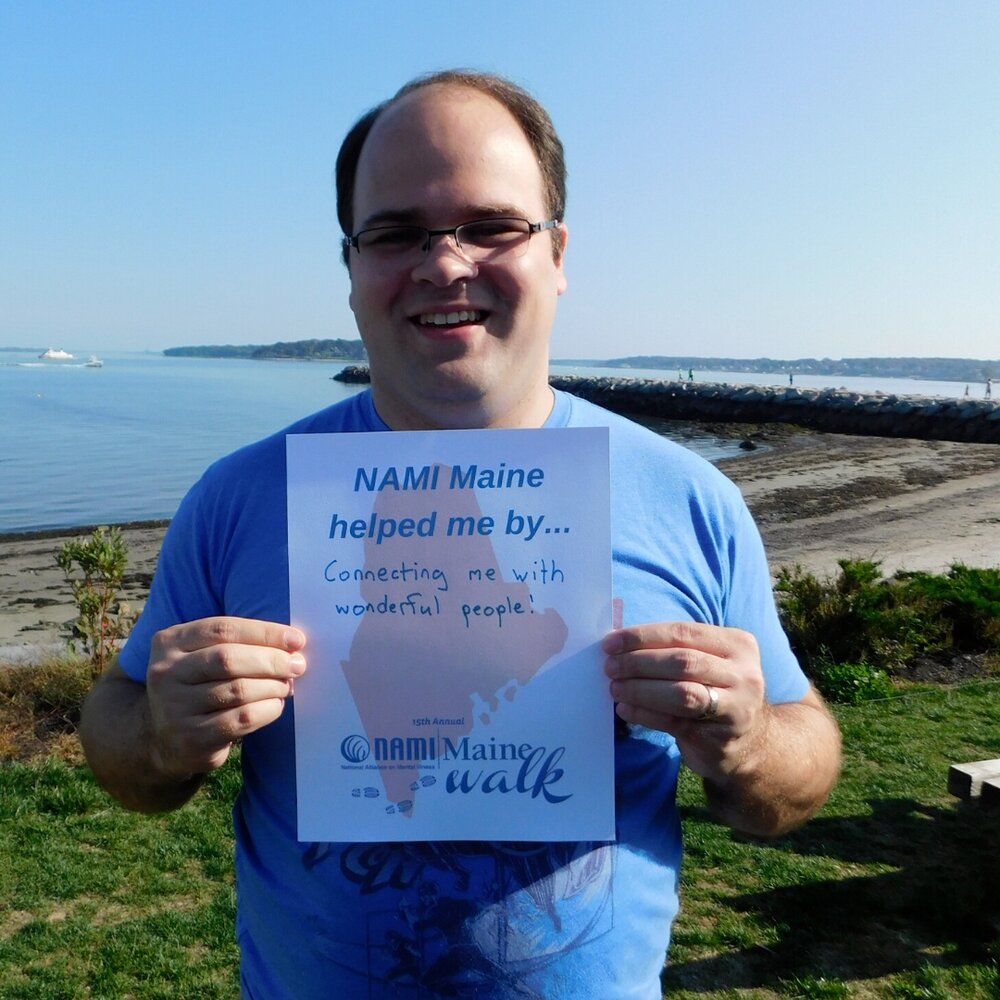Supporting Someone Experiencing Loss

Your support of someone experiencing grief after a death is vitally important as a it sends the message that grief is normal and that the mourning process is best journeyed with the support of others. This is especially crucial when there is a death by suicide or other ambiguous traumatic death.
You might want to help someone who is hurting, but perhaps you are unsure about what to do or say. Perhaps you are afraid that addressing the loss will cause the person pain. Perhaps you feel uncomfortable with the way the person died and are still processing the death yourself. The information and resources on this webpage are here to provide some guidance.
“Mourning is one of the most profound human experiences that it is possible to have... The deep capacity to weep for the loss of a loved one and to continue to treasure the memory of that loss is one of our noblest human traits.”



First and Foremost
It’s important to educate yourself about grief and mourning in general, as well as grief and mourning from the perspective of the survivors of suicide loss.
While there are some things you should NOT say to someone who is bereaved (see resources below), it is probably worse not to say or do anything at all. Suicide and suicide loss come with a great deal of stigma and blame, which often isolates those who are grieving. Beginning with a statement like, “I am so sorry for your loss” is a good opening. Doing nothing adds to that stigma, sense of blame, and isolation. Grief needs a witness.
Some of the BEST things you can do are to:
-
Approach the person who is grieving the death
-
Acknowledge the loss and validate the grief
-
Offer practical assistance with chores and tasks that need to be done
-
Say the name of the deceased
-
Share a memory you have of the person who died
Chances are, these are exactly the things you would do for someone who experienced a loss from cancer, heart attack, accident, or any other death. Survivors simply want you to treat them with the same compassion you would treat any other type of death.
You Are NOT Alone

Personal Stories & More on NAMI National’s Website
Click here to see
“A Plea From a Survivor of Suicide Loss” >>>
“while we as a society mourn the loss of people who die by suicide, us loved ones are still trying to survive, and we need your help. … We need you to see us. We need you to be there for us. We need you to help us heal.”

Resources for Supporting Others
Print & Share!
COMING SOON…
- How You Can Be Supportive After a Suicide
- Supporting a Co-worker
- What To Say & Do/ What NOT to say
- Other Resources (books, websites, podcasts, & more)
- Helping Children and Teens
- Supporting Youth in Grief… Opening the Conversation
- How to Support Grieving Youth
- Tips for Keeping Your Child Safe


If you have any questions or need additional information, please contact the Suicide Loss and Grief
Support Convener at griefsupport@namimaine.org or (800) 464–5767 x 2317.
Those who have experienced a loss due to suicide may be at higher risk of suicidal thoughts and
behaviors. Know What to Look For >









